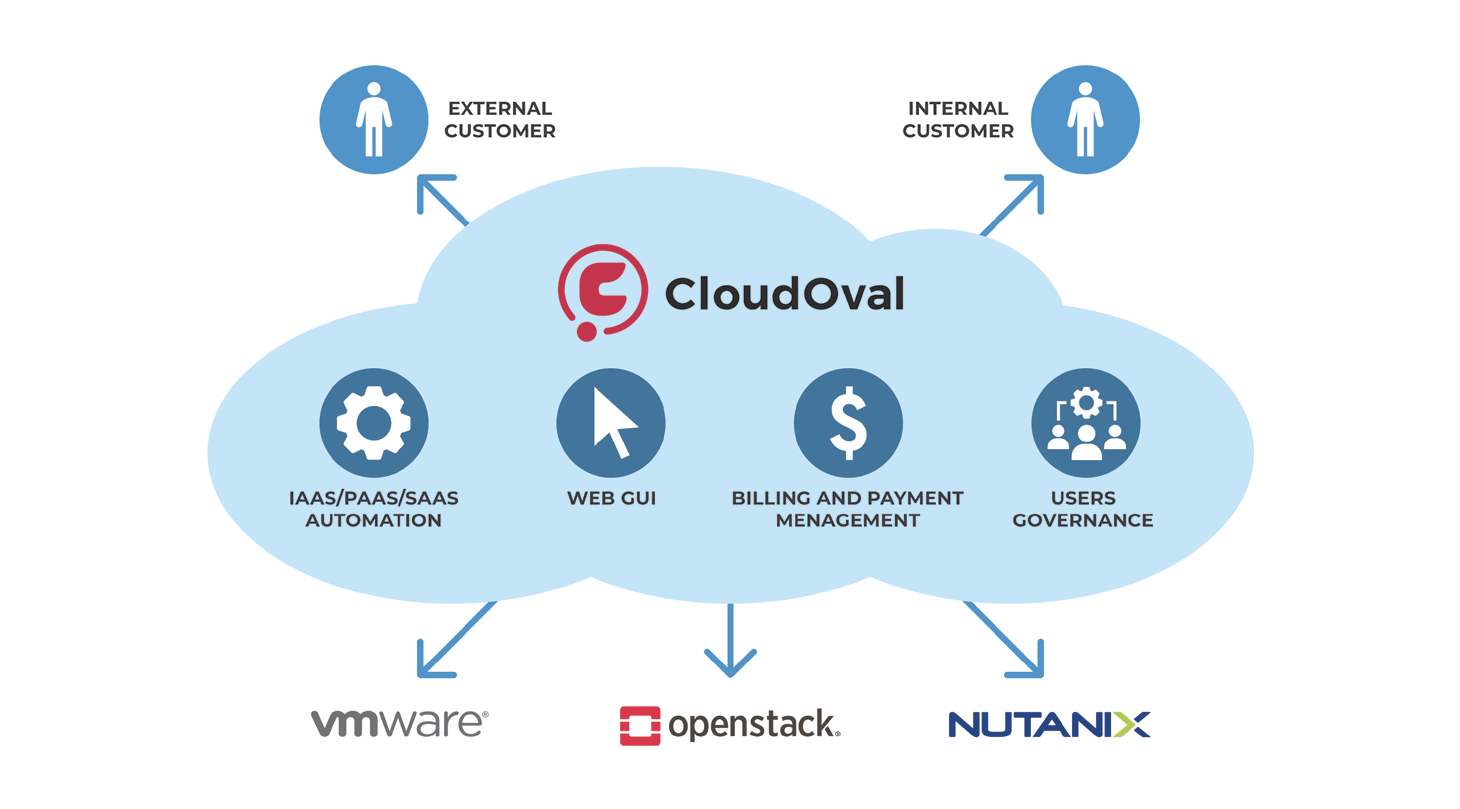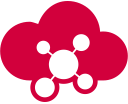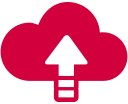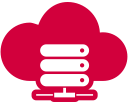Do you want your business to grow 66% y / y during the pandemic?
Well, rather. The very inspiring OpenInfra Summit has just finished and I would like to share a few thoughts with you.
OpenInfra is nothing but LOKI. OK still doesn't say much. LOKI is Linux-OpenStack-Kubernetes-Infrastructure. There are several public clouds in the world that use closed technology and over 180 public clouds that use LOKI. These others grew by 66% on average last year. Well, this is a simplification - the number of cores in clouds using open source has increased from 15 million in 2020 to 25 million today. It should be added that a dozen new public clouds have also been created. Undoubtedly, this is the effect of transferring business to the Internet - remote work, development of e-commerce, reorganization of IT processes. But why LOKI?
Cooperate or die. The few clouds that have their own technology are well-known brands. No one else can come up with similar solutions, unless they join forces with thousands of similar developers around the world. Okay, but why do it anyway?
Trillion Dollar Paradox. Cloud-native technology companies (SaaS) notice that the greatest cost of their operations is spending on the cloud. It is responsible for an average of 50% of the operating costs. The first reaction is usually - ok, we optimize the environment and over time we will reduce these costs. But the experience of the last 6 years shows that cloud spend is growing. Martin Casado from Andreessen Horowitz made an interesting calculation based on a survey of 50 companies in the USA. He asked the question, how will the valuation of these companies be affected by reducing expenses on the cloud by half? It does not matter whether by optimizing the code or changing the service provider. The answer was - it will increase by $ 100 billion. Extending these assumptions to the SaaS market in America, the capitalization of cloud-native companies would increase by $ 1 trillion. It can therefore be concluded that the use of the public cloud limits the growth of those companies that have achieved success thanks to the cloud. And it is clearly visible in the financial results of AWS, Azure or Google. Their cloud profits continue to grow. So why don't companies move their business elsewhere to reduce the cost of the cloud? Because they have developed their solutions in conjunction with specific services that only one cloud provider offers. Does this mean that hyper scalers should be avoided?
Definitely not. But you have to be very careful when planning cooperation with a cloud service provider, especially if there is a risk that the project will be successful (joke!). LOKI and the ability to choose one of over 180 suppliers has one major advantage here - all suppliers use the same standards and API. Migration of services between suppliers is much easier.
And one more comment on the figure - these are the locations of OpenInfra public data centers. Why is there so little East of the Oder river?



 Calculator
Calculator USER PANEL
USER PANEL Administration panel
Administration panel Two way communication
Two way communication
 Cloud Optimization
Cloud Optimization Enterprise application migration to the cloud
Enterprise application migration to the cloud Security
Security Data protection and availability
Data protection and availability System monitoring, logs and service management
System monitoring, logs and service management